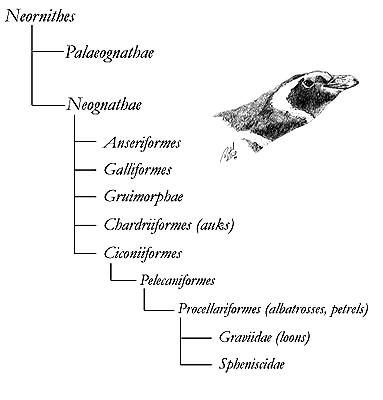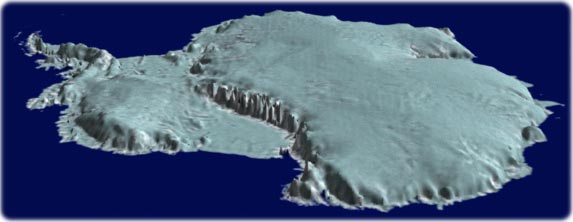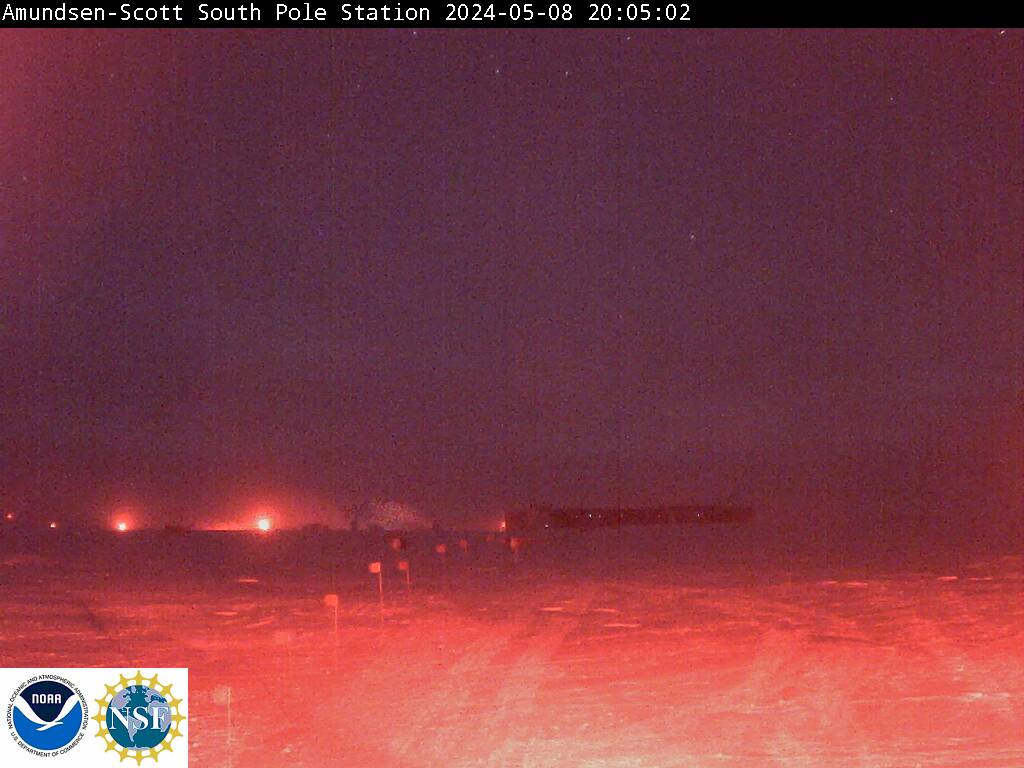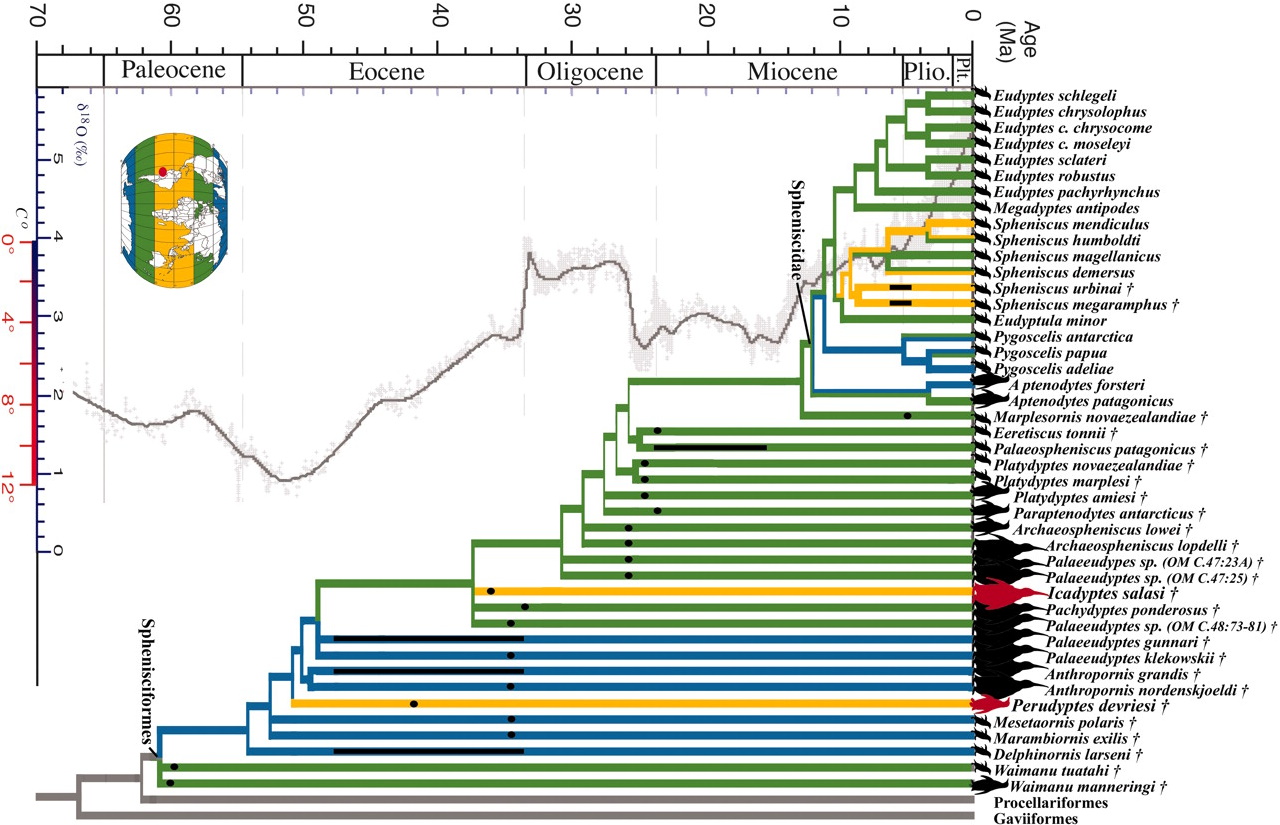Do penguins communicate under water?
Written by Chris Thomas
Friday, 23 December 2011

“Very little is known about underwater acoustic communication in birds so any findings are important.”—Dr Parsons. Flickr: Andy Field
While penguins can be noisy on land, Dr Parsons says research into the sounds they make, if any, underwater has been extremely limited.
“Given some species of penguins spend significant time underwater and dive to depths where visual communication is reduced, it’s feasible that sound provides an alternative source of communication,” Dr Parsons says.
“The reasons behind any communication could be identifying, locating and catching food, warning signals, exploration, socialising and being antagonistic—but at the moment this is speculation.”
As part of his research Dr Parsons placed underwater noise loggers that include a hydrophone or underwater microphone, hard drive and battery pack, in Perth Zoo’s fairy penguin (Eudyptula minor novaehollandiae) enclosure.
The devices recorded all noise for nine out of every 15 minutes.
“If the penguins produce any sounds underwater we will be able to record them,” Dr Parsons says.
“From there, we would be able to investigate whether these sounds are used to communicate between the penguins or if they serve some other function (involuntary noise).
“Very little is known about underwater acoustic communication in birds so any findings are important.”
Dr Parsons says his research is in a controlled zoo environment and communication in the wild may be different.
Environmental noise could also affect penguin sounds and its perception underwater.
“There’s a lot of possible ways ambient, whether a biotic or man-made, noise can affect the sound production, transmission and reception,” he says.
“These can range from a behavioral change in the penguins with a disturbance causing movement away from the noise source and a reduced production of sound by penguins.”
“There’s also the masking of calls—ambient noise at the same frequency as any penguin calls will reduce the range at which a recipient can detect a call, or possibly the sound of an approaching predator.
“Particularly intense signals may cause temporary or permanent damage to the hearing.”
Perth Zoo’s penguin colony has been transferred to Melbourne Zoo while renovations take place and is due back before Christmas.
“What I am hoping to do is re-record when the penguins return from Melbourne and they re-acquaint themselves with their environment,” Dr Parsons says,
“Then we might hear some communication.”
source

















No comments:
Post a Comment